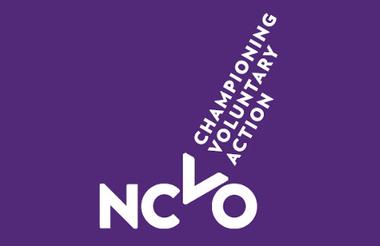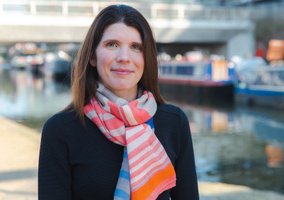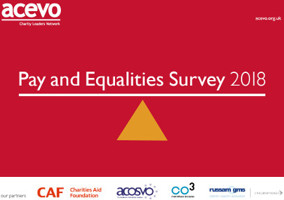The National Council of Voluntary Organisations (NCVO) has adopted the term “global majority”, a shortened version of the term “people of the global majority”.
NCVO says the move comes following extensive consultation with members, NCVO’s staff networks, and interest groups.
It will use the term to refer to all ethnic groups except white British and other white groups, including white ethnic minorities.
The term includes people from Black, Asian, mixed, and other ethnic groups who are often called “ethnic minorities”.
Sarah Vibert, chief executive at NCVO, said the term global majority “isn’t perfect” but the organisation believes it is progress, as global majority as a term “better reflects reality”.
‘There will never be one perfect term’
Woosh Raza, director of people, culture and inclusion at NCVO said: “We know the language we use is important and the words we use to describe our identity holds power. Adopting the term global majority represents progress for NCVO.
“We know that there will never be one perfect term that encapsulates the complex, rich and varied history, and culture of those that are part of the global majority in Britain. That’s why we commit to constantly evolve the language we use when discussing important aspects of people’s identity - and to share this with our membership and the wider sector.”
The umbrella body states moving from classing people as a minority to a majority is an important step in reframing conversations from disadvantage to advantage and challenging existing dominant white-centric narratives.
NCVO will use global majority in place of other previously used terms such as BAME (Black, Asian, and Minority Ethnic), BIPOC (Black, Indigenous, and People of Colour), and ethnic minorities.
Sarah Vibert, chief executive at NCVO, said: “We know that the term global majority isn’t perfect. But we do believe it is progress, as global majority as a term better reflects reality.
“Moving from classing people as a minority to a majority is an important step in reframing conversations from disadvantage to advantage and challenging existing dominant white-centric narratives. I am grateful to the members, partners and NCVO colleagues who have challenged us to continue to evolve our use of language, as language is so important in creating inclusion.
“This is just one part of the broader work we’re undertaking to ensure we are as inclusive as possible, and we’re always happy to discuss the decision, share our learnings and listen to feedback.”
Related Articles












